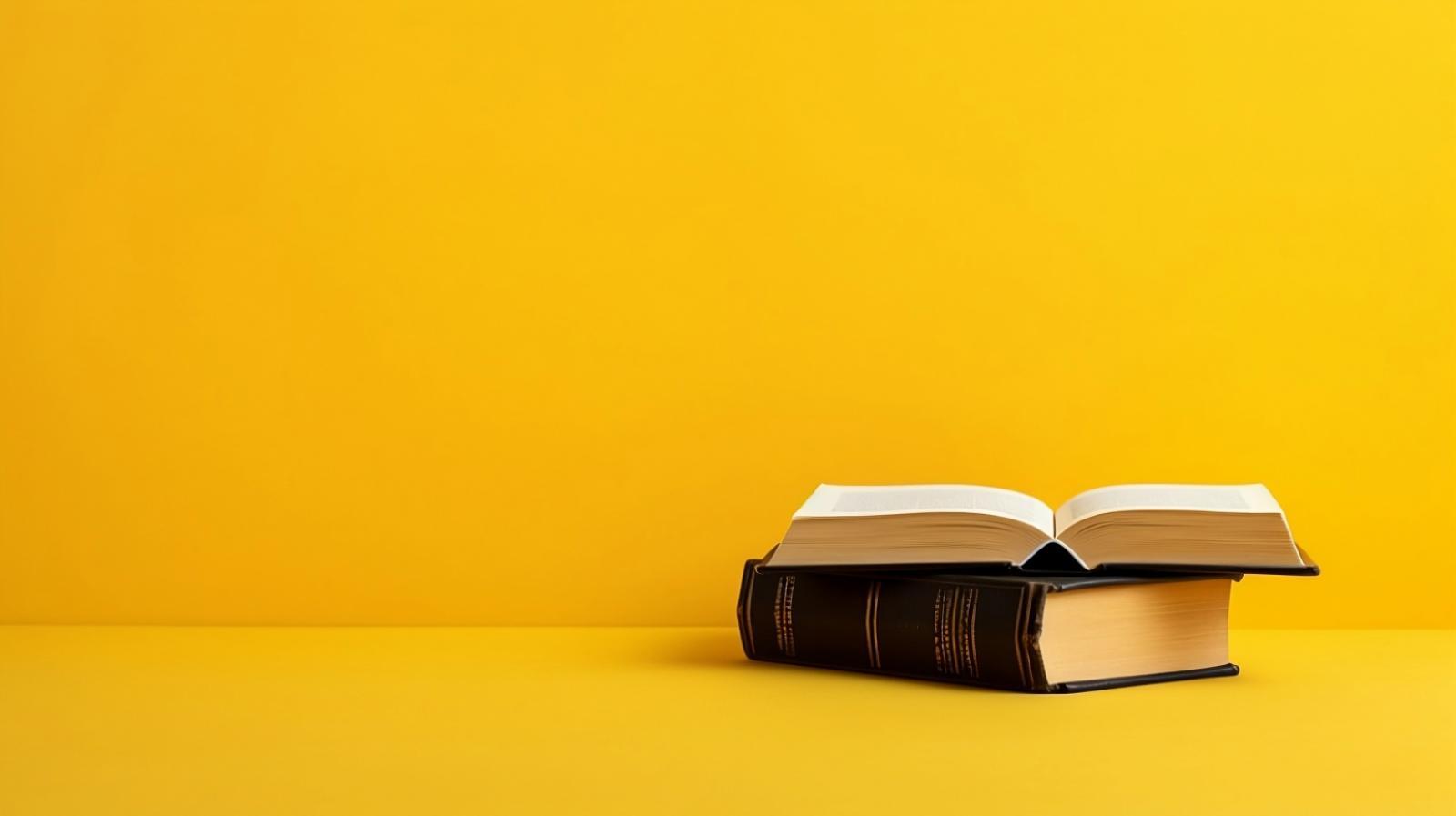
Every summer, we bring the fellows together in cohort meetings, circulate work in progress, and hold discussions. These are highly supportive, interpersonally connected crossdisciplinary environments for humanities scholarship.
Established in 2021, in the midst of the global pandemic, the Faculty Summer Fellowship program at the Simpson Center for the Humanities has to date supported 45 faculty from all ranks and from across the humanities and social sciences at the University of Washington. The fellowships offer targeted research support to UW tenure-track faculty as they complete scholarly projects along the promotional ladder within their academic departments. Each year, a cohort of fellows is selected through a special proposal review process under a shared project type—for example, first book support for assistant professors drawing near to their tenure review—or thematic. Every summer, we bring the fellows together in cohort meetings, circulate work in progress, and hold discussions. These are highly supportive, interpersonally connected crossdisciplinary environments for humanities scholarship.
Now a core program and an annual commitment, it has a vibrant history. The program began as a pilot in 2021 in response to an immediate need, urgently bringing together 6 of our early career faculty into a virtual cohort during the summer most deeply marked by the global pandemic. It was a lifeline for their research. Shannon Cram (Interdisciplinary Arts & Sciences, UW Bothell), who participated as a fellow that year, and whose award-winning book Unmaking the Bomb: Environmental Cleanup and the Politics of Impossibility was published in 2023, told us, “as a junior faculty member whose tenure case depends upon book publication, this fellowship provided essential financial and community support. Not only did the monetary award allow me to focus on writing full time, the weekly cohort meetings were some of the most meaningful I have experienced in my academic career.” By making investments in these forms of support, the Simpson Center was able to play a small role in what has become a singular scholarly publication with far-reaching implications for public policy and individual futures.
In 2024, we brought together 13 faculty fellows under the shared theme of “Religious Cultures / Sacred Practices / Spiritual Teachings.” Projects funded ranged from ritual practices in premodern Japan to the depiction of Rasta in Caribbean fiction, from Iñupiaq Christianity to Islam in the Indian Ocean world. In the summer ahead, we look forward to welcoming a new cohort of First Book Fellows:
Mal Ahern (Cinema & Media Studies) Factory Forms: The Making of the Mass Image, 1945-1973
Nazry Bahrawi (Asian Languages & Literature) How to Kin an Animal: Malayophone Folklores and Race in Southeast Asia
Miriam Chusid (School of Art + Art History + Design) Envisioning the Afterlife: Image, Text, and Ritual Practice in Premodern Japan
Ungsan Kim (Asian Languages & Literature) Future Imperfect: Crisis, Temporality, and the Intra-Asian Network of Queer Cinema
Joseph Marino (Asian Languages & Literature) The Great Conflagration Hell and Other Misfortunes: Four Gāndhārī Saṃyuktāgama Sūtras from the Senior Kharoṣṭhī Fragments
Morgan P. Vickers (Law, Societies & Justice) Blackwater: Race, Waste, and Moral Ecologies of the Lowcountry Swamp
These projects exemplify the intellectual engagements of humanities faculty at the leading edge of change, whose work will shape not only our scholarly conversations at the University of Washington, but also the fields to which their books will soon become major contributions.